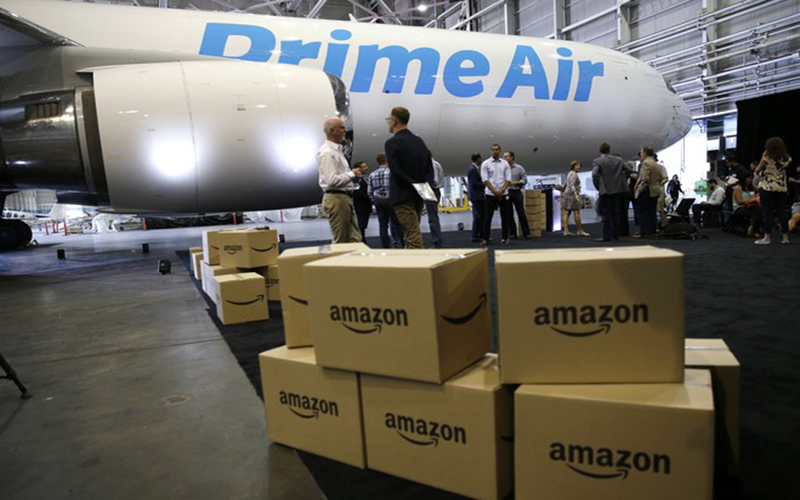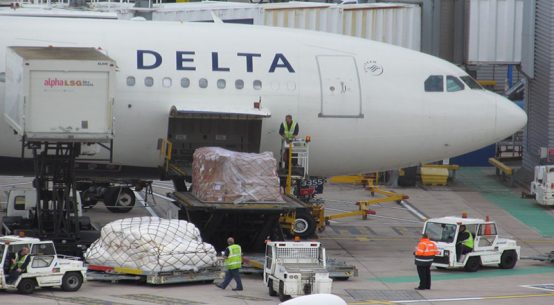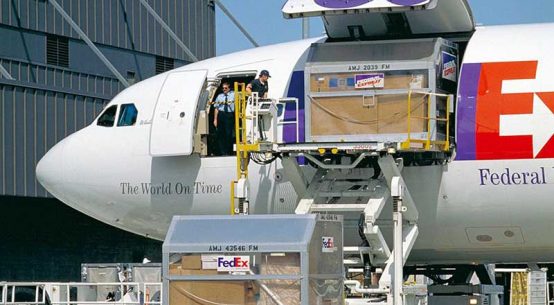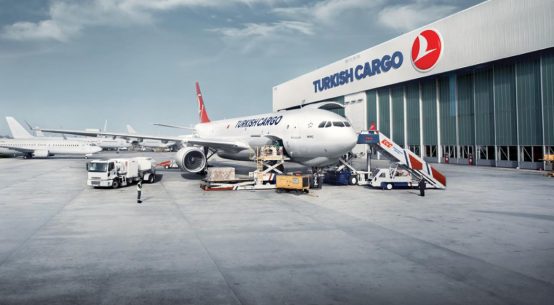
You don’t have to be Alan Greenspan to see that e-commerce is the new frontier of retail, but what does the shifting market mean for logistics companies supporting the change?
According to a study conducted by market research organization Transport Intelligence (Ti), conducted during the recent holiday season, logistics firms may be fighting to keep their profit margins stable in the face of a highly competitive market and increasingly high standards from e-commerce consumers.
The study, which included 108 retailers and logistics companies around the world, identified a few main pressures affecting industry members, namely an increased volume of product returns, a higher demand for costly “premium delivery services” from consumers, and a smaller drop density—meaning a lower bang-for-your-buck on ground deliveries to less populated areas.
Due to such high competition amongst industry members, shippers are also reluctant to raise their prices to compensate for increasing costs, for fear of losing business to competitors.
“For shippers, the highest priority is improving visibility in their supply chains through improved tracking, a service undoubtedly seen as a competitive advantage and a vital service attribute for end-recipients,” the Ti study said. “Logistics companies, meanwhile, see as their main priority the development of alternative delivery networks, which will provide convenience and choice to consumers.”
As a result, the e-commerce logistics sector continues to face multiple challenges, “as shippers and logistics companies struggle to come to terms with an ever-changing market environment,” wrote Ti analyst, Violeta Keckarovska.
“Although volumes will continue on their stellar path, our survey makes it clear that harnessing this growth to provide sustainable profitability is still the key challenge for the industry.”
.









